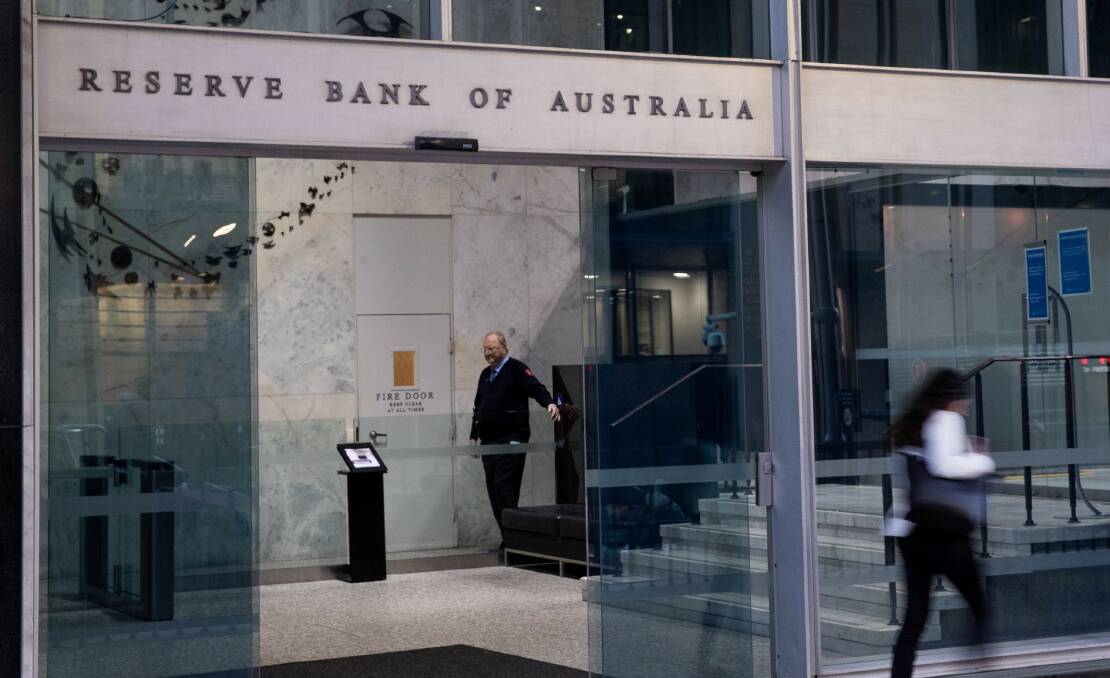Australia's central bank is confident households will be able to absorb the cost of rising interest rates, but remains cautious about the high debt-to-income levels brought on by the recent property boom.
Delivering a speech to the Economics Society Australia in Brisbane, Reserve Bank deputy governor Michele Bullock outlined stronger lending standards and higher savings levels would assist the majority of borrowers to cope with rising interest payments associated with their loans.
The speech was sparked by the RBA's decision to hike interest rates to curb surging inflation which is forecast to run at an annualised rate of 7 per cent by the end of year.
Since May, interest rates have risen by 125 basis points and Ms Bullock confirmed further hikes would be needed to bring down inflation.
Ms Bullock said household balance sheets are still in good shape and the small decline in house prices has only marginally eroded the large increases in values sustained over recent years.
"Households have saved a large amount of money since the onset of the pandemic - around $260 billion. These savings have been put into redraw facilities as well as offset and deposit accounts," she said.
"While housing prices have started falling in recent months, they would have to fall a fair way for negative equity to become a systemic concern."
READ MORE:
The deputy governor did flag an ire of concern about rising debt-to-income ratios spurred on by the rising the cost of purchasing a home.
She noted highly indebted households were particularly vulnerable to losses in real income from higher inflation combined with rising interest rates and decreases in house prices.
"The increase in high debt-to-income borrowing is one area that raises concerns about risks as interest rates rise," she said.
"If the borrower were to experience a fall in income or an increase in expenses, they might find it more difficult to service the loan. And in an environment of increasing interest rates, there is a risk that households with high debt-to-income ratios will find it more difficult to service their debt."

Minutes from the RBA's July meeting on monetary policy showed the war in Ukraine and COVID-19 supply constraints were the major international factors driving inflation.
The board members did flag concern about how rising inflation levels within the domestic economy would affect household spending and consumption.
Ms Bullock noted other economic indicators such as very low unemployment were good signs households would be able to service ongoing debts, flagging there was early evidence of wage growth across the economy.
She also outlined a higher proportion of aggregate debt was held by higher income earners who have a better ability to absorb rising costs.


